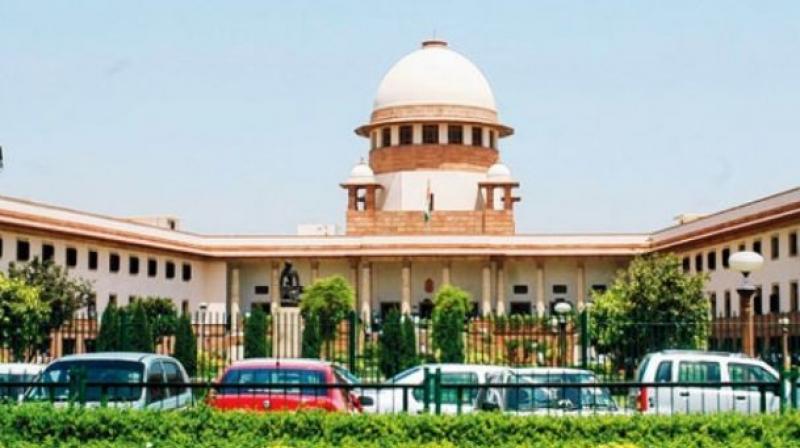Punjab water law illegal, says Supreme Court
Law denies water to Haryana, is unconstitutional, rules Supreme Court.

New Delhi: In a huge setback to Punjab, the Supreme Court on Thursday declared as unconstitutional the law enacted by Punjab in 2004 to deny Haryana its share of water as per the 1981 Agreement, on sharing of waters of Ravi and Beas rivers.
A five-judge Constitution bench comprising Justices Anil R. Dave, Pinaki Chandra Ghose, Shiva Kirti Singh, A.K. Goel and Amitav Roy, said the Punjab Act violated the provisions of the Constitu-tion as well as the basic principles and tenets concerning federalism and rule of law. The bench gave this ruling while answering the ‘2004 Presidential Reference’ on whether the Punjab law was intended to nullify the apex court judgement and whether the law is legal. Justice Dave writing the judgement for himself and three others, excluding Justice S.K. Singh, said the Punjab Act cannot be said to be in accordance with the provisions of the Constitution and by virtue of the said Act, Punjab cannot nullify the judgement and terminate the agreement dated December 31, 1981. Justice Singh gave a separate but concurring opinion.
The bench said the Punjab Act cannot be considered to be legal and valid and Punjab cannot absolve itself from its duties/liabilities arising out of the 1981 agreement.
Punjab exceeded its power
“The Agreement dated December 31, 1981 is about sharing of waters of Ravi and Beas rivers among the States of Punjab, Haryana, Rajasthan and Delhi. The said agreement could not have been unilaterally terminated by one of the parties to the agreement by exercising its legislative power and if any party or any state does so, such unilateral action of a particular state has to be declared contrary to the Constitution as well as the provisions of the Inter State Water Disputes Act, 1956,” the Bench added.
It said, “The state of Punjab had exceeded its legislative power in proceeding to nullify the decree of this Court and therefore, the Punjab Act cannot be said to be a validly enacted legislation. One State, which is a party to the litigation or an Agreement, cannot unilaterally terminate the Agreement or nullify the decree of the highest Court of the country.”

